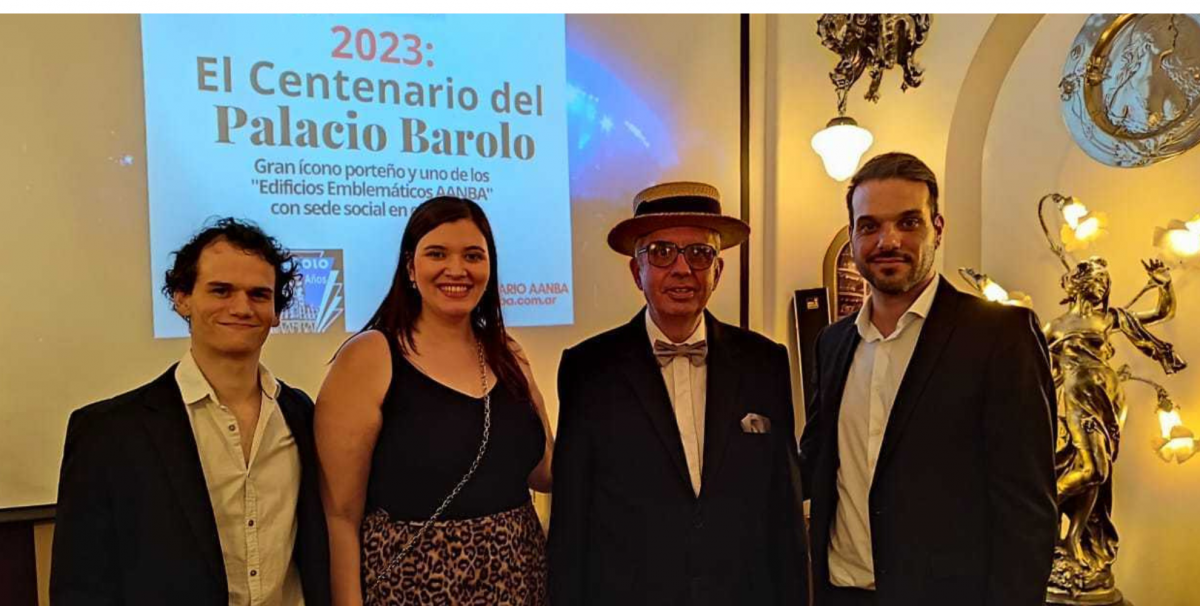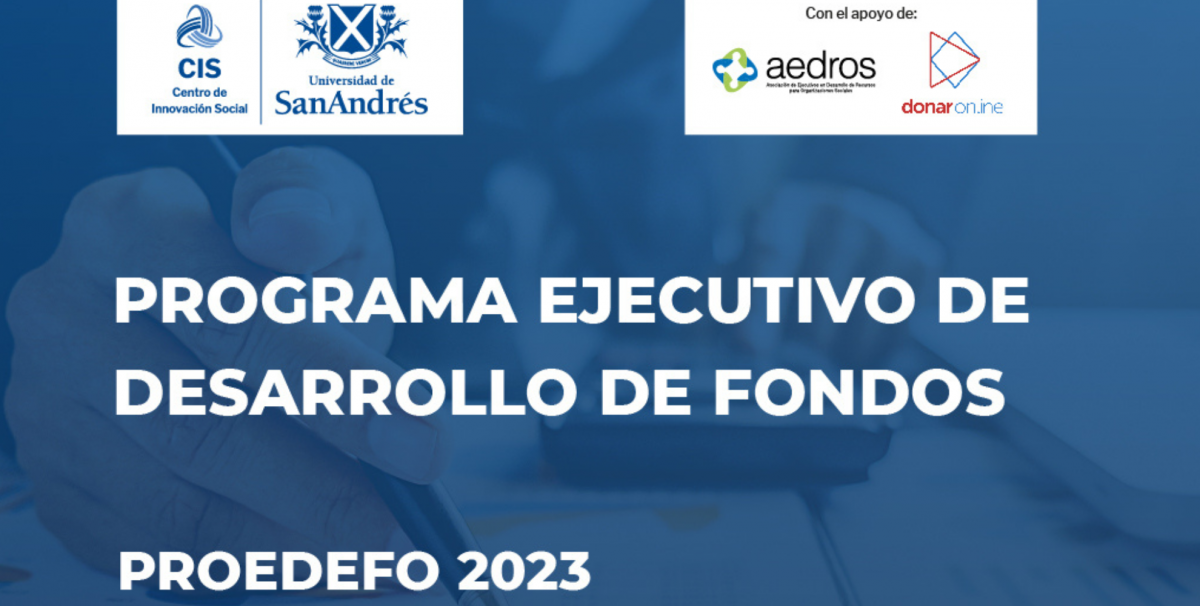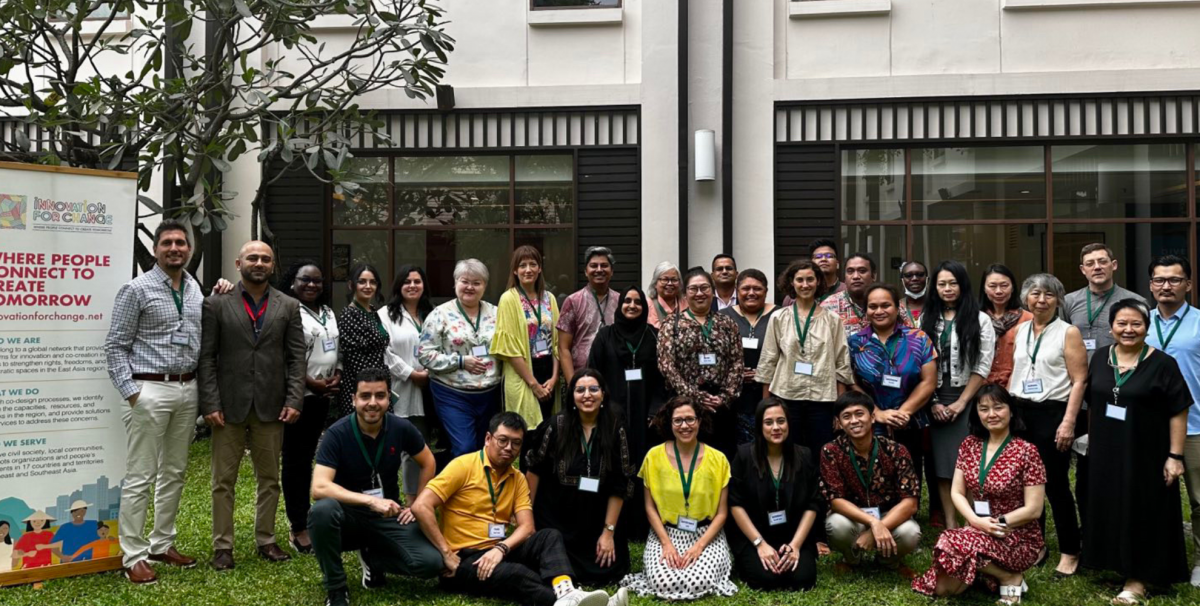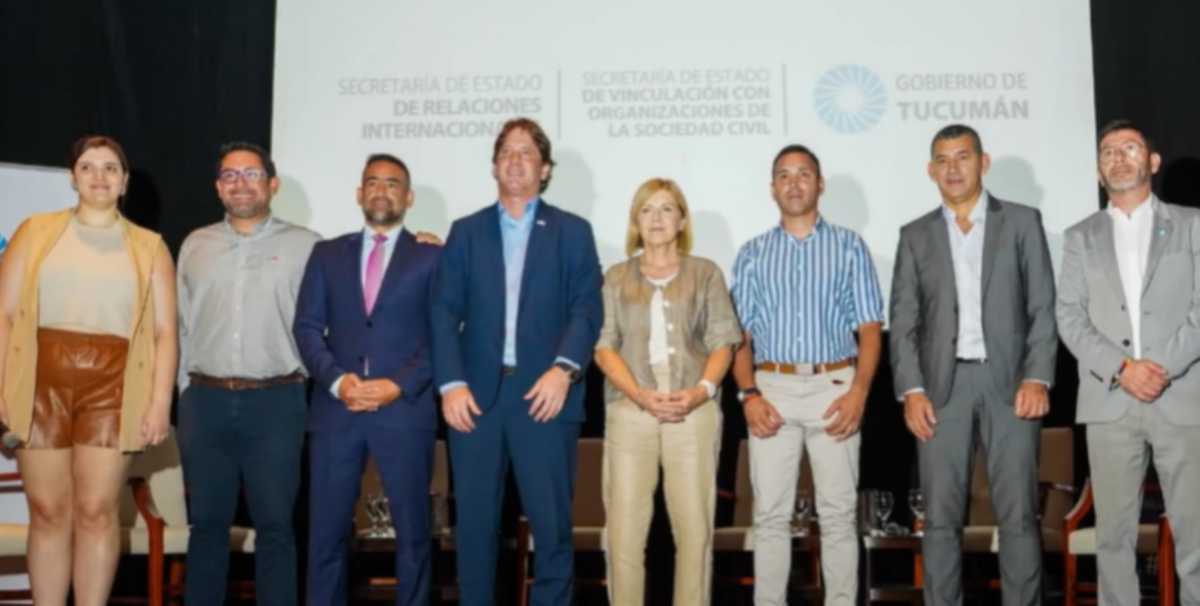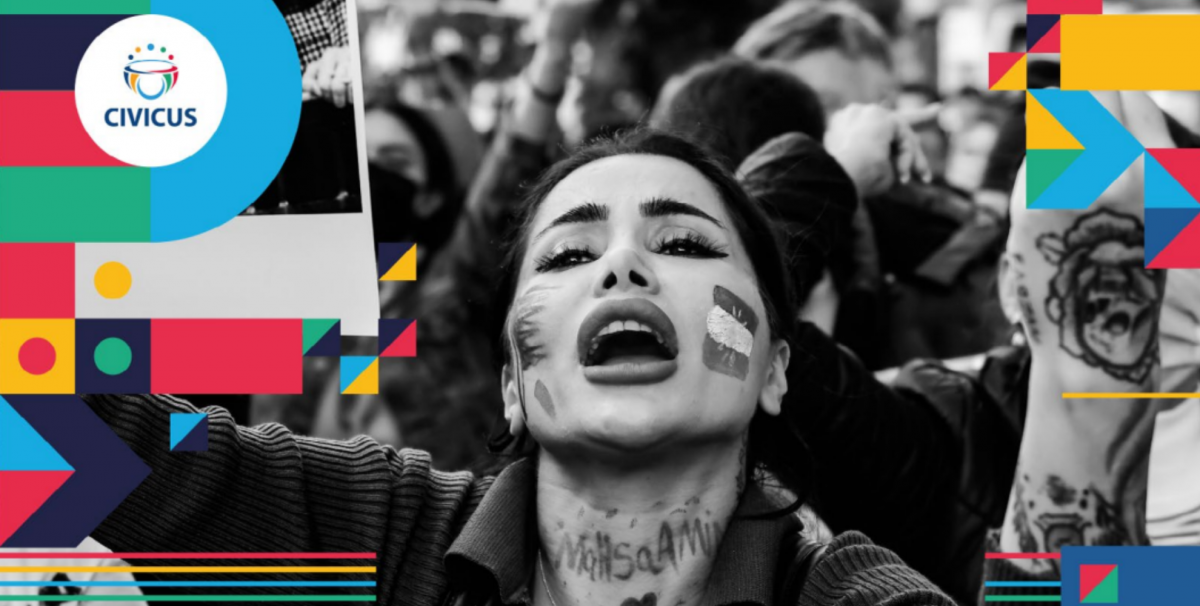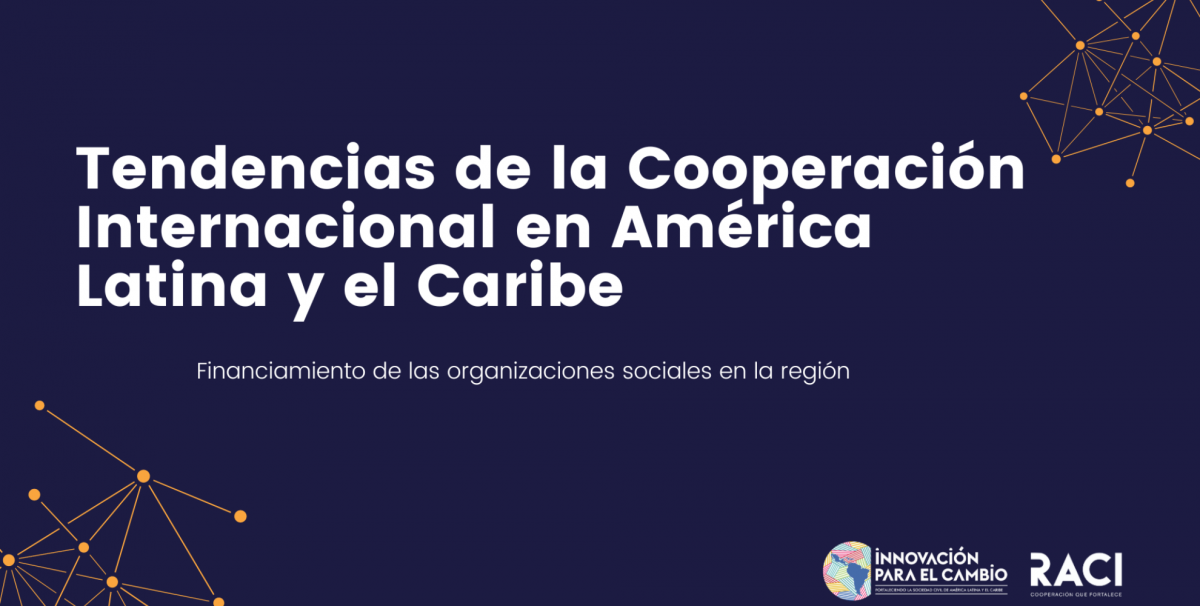Under the slogan spread, revalue, raise awareness, love and preserve the Buenos Aires Art Nouveau Association (AANBA) was born through a group of friends and simple citizens completely unrelated to the profession of architecture, but with a great love for their city and for this art of designing spaces for human life and coexistence, concerned about the continuous devastation that the rich architectural heritage that has always characterized Buenos Aires has suffered for decades.
The organization began on September 7, 2013 after the inaugural event that took place in the emblematic Palacio Barolo, this innovative and necessary initiative to maintain the architectural heritage in the city began to become visible. In this way, it is about showing, with the assistance and advice of renowned architects, the diversity and multiculturalism that Buenos Aires reflects through its buildings that make up the art nouveau movement: Catalan Modernism, Italian Liberty or Floreale, German Jugendstil, the Viennese Secession, and art nouveau itself, coming from Belgium and France.
Within the emblematic and outstanding buildings of the Art Nouveau route, we can find:
● In Buenos Aires: Palacio Barolo, Savoy Hotel, Club Sirio Libanés, Palacio Vera, Yacht Club Argentino, Güemes Gallery, Casal de Catalunya, Ateneo-Grand Splendid, Tango de Mayo Hotel, Casa Calise, Hotel Chile, CAME Buenos Aires Headquarters, Headquarters UPCN Capital (Personal Civil Union of the Nation).
● In other provinces of the country: Tucumán Government House, Gibert Palace in La Plata, Casa Sucar Museum in Tucumán, Usandivaras Salta Palace, Rosario Spanish Club.
● On the Art Nouveau Pan-American Route: Palacio Salvo in Montevideo (Uruguay) and soon the Palacio de la Libertad in Curitiba (Brazil).
To celebrate the passion and interest in architecture, the association organizes a series of events and cultural meetings in person with a privileged location for members. It is a thematic activity per month in at least ten buildings with guided tours, seminars, galas, concerts and thematic talks included. Invitations are sent by email one month in advance with date, time, address and way to get there.
On March 22, AANBA held the first of this series of events and summoned its partners and interested persons to Palacio Barolo to celebrate its 100 years.
The event consisted of a 1923 Art Deco guided tour, a toast on the 11th floor balcony, and finally a Happy Birthday chant at the palace.
There, part of our RACI team was present to celebrate.

